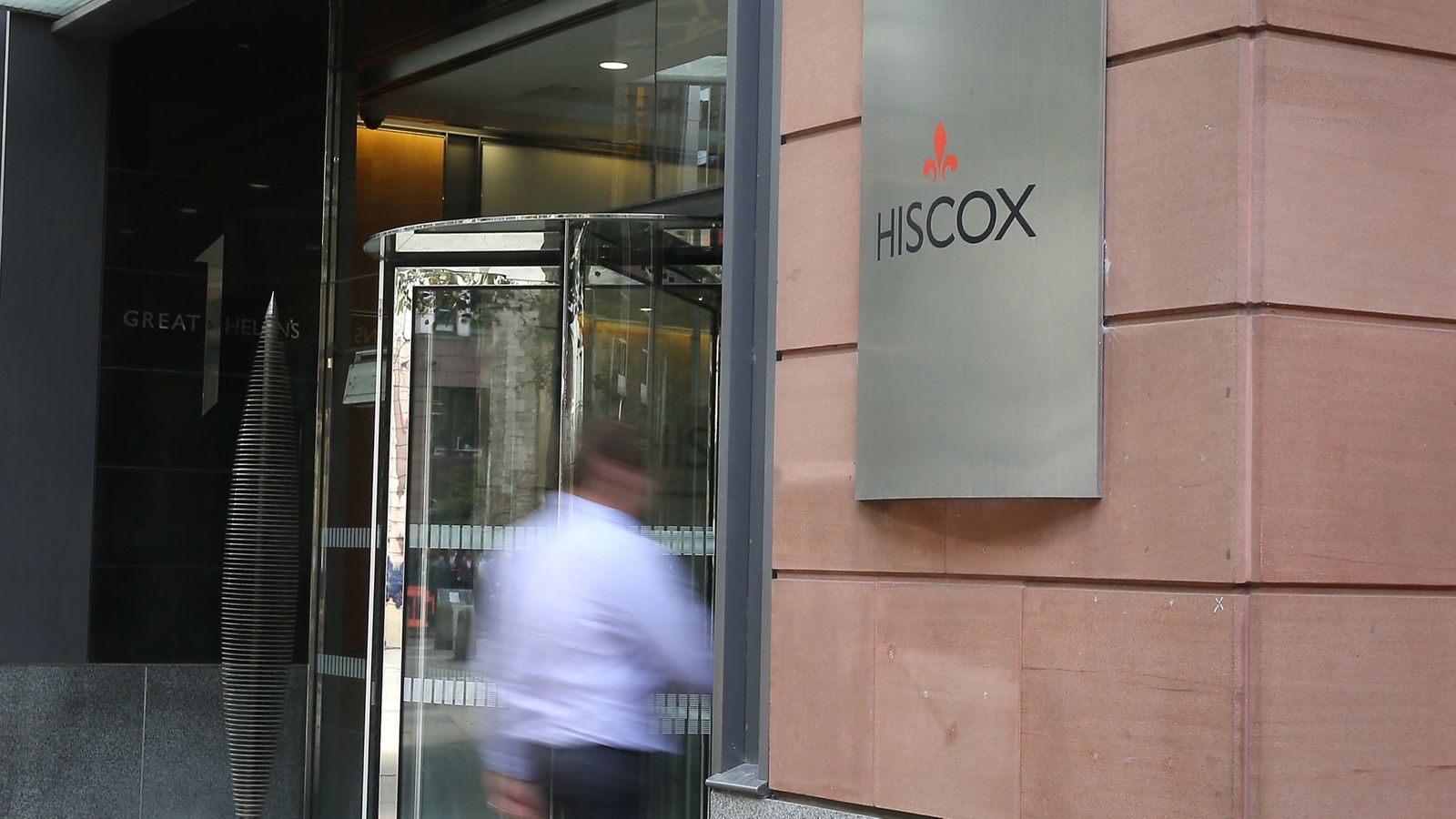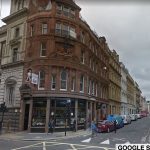Insurer Hiscox has slumped to a pre-tax loss of $268.5m and admitted it suffered “brand damage” over a court wrangle with businesses making claims after the pandemic forced them to shut.
Chief executive Bronek Masojada said Hiscox regretted the “uncertainty and anguish” caused by the dispute which concluded with a Supreme Court ruling in January.
The company reported an annual loss as it set aside $475m to cover COVID-19 payouts, relating mainly to event cancellation and the remainder covering business interruption.
Hiscox was one of the firms involved in a case in which the Supreme Court forced insurers to pay out on disputed claims worth at least £1.2bn.
Pubs, cafes wedding planners and beauty parlours argued they faced ruin when they were turned down for payouts on business interruption policies prompted by the first national lockdown.
Commenting on the case in its annual results, Hiscox said its cover was designed to respond to “local events” rather than “nationwide steps taken to manage the pandemic”.
It defended its decision, with other insurers, to appeal an initial high court ruling on the case – intended to bring clarity on around 370,000 policies – and take it all the way to the Supreme Court.
Chief executive Bronek Masojada said around one third of Hiscox’s 34,000 UK business interruption policies “may respond as a result” of the ruling that it should pay out to firms forced to close.
Hiscox has begun paying claims as a result of the judgement, he added.
Please use Chrome browser for a more accessible video player
Mr Masojada said: “We clearly regret the uncertainty and anguish that the dispute has caused to our customers, so it is important that we learn from this experience.
“The most important lesson is the need for clarity in wordings, to ensure intent is properly reflected in the policy detail.
“Hiscox has undoubtedly suffered some brand damage this year.”
Chairman Robert Childs said: “For the first time, our reputation for paying claims quickly and without fuss came under intense scrutiny.
“We regret any dispute with a customer, but particularly where the policy wording was not as clear as it should have been.”






















